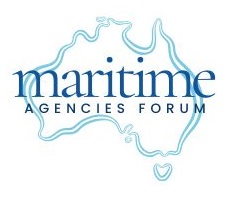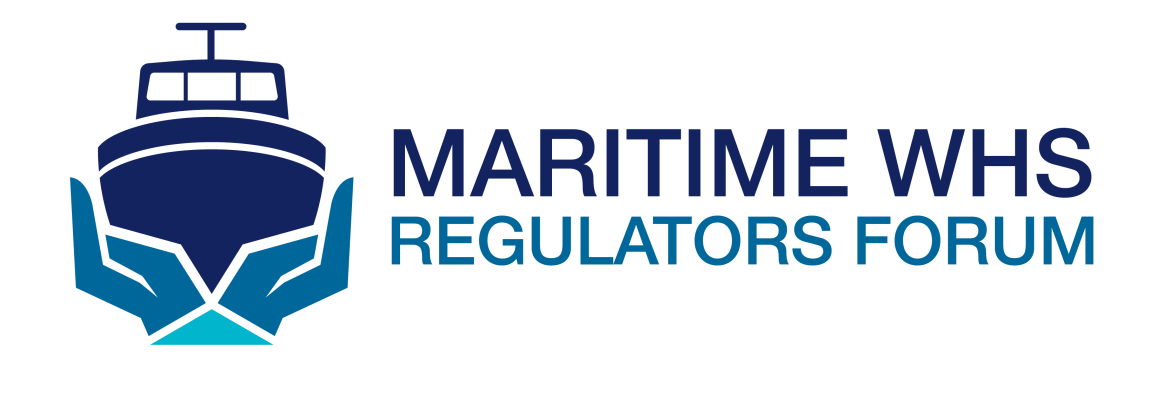Role
The VTS Advisory Group (VTSAG) is the peak consultative body to the Australian Maritime Safety Authority (AMSA) for matters relating to AMSA's responsibilities for Vessel Traffic Services (VTS) in Australia, which are in accordance with Regulation 12 of Chapter V of the International Convention on the Safety of Life at Sea 74/78 (SOLAS) and the Navigation Act 2012.
The group provides a forum for members:
- To share expertise, information and experiences on VTS matters in Australia. This may include the provision of expert advice and feedback to AMSA, as the competent authority for VTS in Australia, on policy, operational, technology, training and regulatory issues associated with the delivery of VTS.
- To contribute to the preparation and review of IMO guidelines, and IALA Standards and associated recommendations, guidelines and model courses relating to VTS.
- To discuss matters of common interest and, where necessary, resolve issues at a local, state and national level.
Membership
The VTSAG membership includes representatives from:
- AMSA (Chair)
- Vessel Traffic Service providers
- State / Territory maritime authorities
- Port corporations / authorities
- Australian Hydrographic Office
- Australasian Marine Pilots Institute
- Other stakeholders, including Ports Australia, Shipping Australia Limited and Maritime Industry Australia Ltd.
Subject matter experts may be invited to attend, to address particular agenda items or where the wider group will benefit from their attendance.
Other agencies, operators and organisations may be invited to attend meetings when matters relevant to their interests or operations are to be discussed. The membership and terms of reference will be reviewed annually.
Focus areas
The VTSAG will focus on topics including, but not limited to:
- Issues associated with the implementation and operations of VTS in Australia, consistent with Australia’s international obligations and Marine Order 64, including, but not necessarily limited to:
- Communications
- Technologies
- Audit and assessing
- Training and qualifications
- Data information management
- Additional services
- VTS personnel
- Risk management
- Quality management
This may include policy, operational, technology and regulatory issues associated with the delivery of VTS.
- IMO and IALA developments, including Australia’s contributions to the preparation and review of IMO guidelines, and IALA Standards and associated recommendations, guidelines and model courses relating to VTS.
AMSA will appraise the group on current developments with IMO conventions, codes, resolutions and other instruments, IALA guidance, and outcomes from international committees and conferences related to VTS.
AMSA will highlight significant issues and their relevance for Australia and seek the group’s view on proposed courses of action.
Operation
The group will:
- deal with all aspects of the delivery of VTS, including interaction with allied services
- meet twice a year, for a one or two day meeting, generally following the IALA VTS Committee meetings in March and September each year. The group may meet more frequently if required.
- at times, progress work intersessionally, including the formation of working groups to progress individual items.
AMSA will Chair the group and provide Secretariat support including developing papers and reports for consideration by the group. Members are encouraged to contribute to meeting agendas.
Video and teleconferencing facilities will be made available, where possible.
Members will pay their own travel expenses to attend group meetings.
Reporting
The process for communicating and endorsing reports from the group meetings is as follows:
- Draft reports will be distributed to members by email within 14 days of the meeting.
- All comments/suggested changes to reports from members are to be communicated to the Chair within 14 days of the report being distributed.
- Where comments/suggested changes are received, a revised report will be circulated, with an additional 14 days for comment.
- Where no comments/ suggested changes are received within 14 days of a report being circulated, members will be informed by email that the report is considered to have been approved by the group.
Contact
You can contact us through: vts@amsa.gov.au

